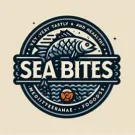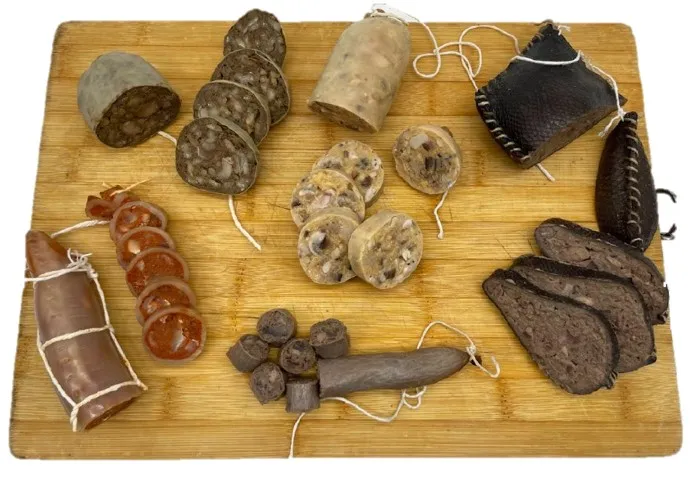SeaBites Mediterranean Foods

Around 10% of the total fish caught worldwide is wasted. In other words, more than 90 tons of fish are discarded, and up to 70% of a fish’s weight is reduced to by-products. Specifically, between 14% and 20% of these by-products consist of bones and scales, while 7% to 20% correspond to heads, intestines, and viscera.
This project seeks to introduce innovative techniques to address the urgent need to valorize these by-products by transforming them into functional and nutritious ingredients and products.
On the one hand, a range of culinary processes has been developed to extract gelatin from scales and convert bones and scales into unique flours rich in protein, minerals, and carbohydrates, thus demonstrating a novel way of recycling waste in the catering sector. These flours have been successfully applied in various preparations, such as cookies, crumbly doughs, and shakes. The gelatins obtained provide a pleasant creamy and soft mouthfeel due to their low melting point, in contrast to porcine-derived gelatins currently available on the market.
On the other hand, a series of marine sausages has been developed using the aforementioned by-products, along with blood, gonads, and lean meat obtained from skins discarded by fish distributors during processing. Moreover, the skins—representing up to 11% of the total fish weight—have been employed as casings, ensuring a circular approach.
These results highlight the potential of transforming fish by-products into nutritionally rich ingredients and high-value products for the catering industry.

